Whether you opt for a Kawasaki* Jet Ski,* Yamaha* WaveRunner,* or BRP* Sea-Doo,* personal watercraft (PWC) are exciting powersports vehicles that require routine maintenance to keep them running optimally. These important maintenance tips will help you maintain your personal watercraft so you can stay safe and continue reaping the rewards of reliability and performance for many years.
Getting Started
Your owner’s manual will identify every feature, function and requirement of your PWC, including engine flushing and storage routines and all specifications for routine maintenance. If you purchased a new PWC, follow the instructions for engine break-in, which is critical to extending the life of the engine. Be sure to change the oil to AMSOIL Synthetic Marine Engine Oil immediately afterward, as the break-in oil will be full of contaminants from the break-in process.
Inspection
With continued use, parts on your PWC will wear out and need to be replaced. To ensure that any potential problems are caught early, inspect your PWC for any signs of damage and leaking fluids before each use and make any settings adjustments as needed. Perform a thorough inspection and tune-up at least annually, including spark plugs, filters, belts, hoses and the impeller. If you find any loose, worn, damaged or missing parts or hull and deck cracks, be sure to repair them before use. It is important to replace worn parts as soon as possible for your own safety and to prevent additional damage to your PWC.
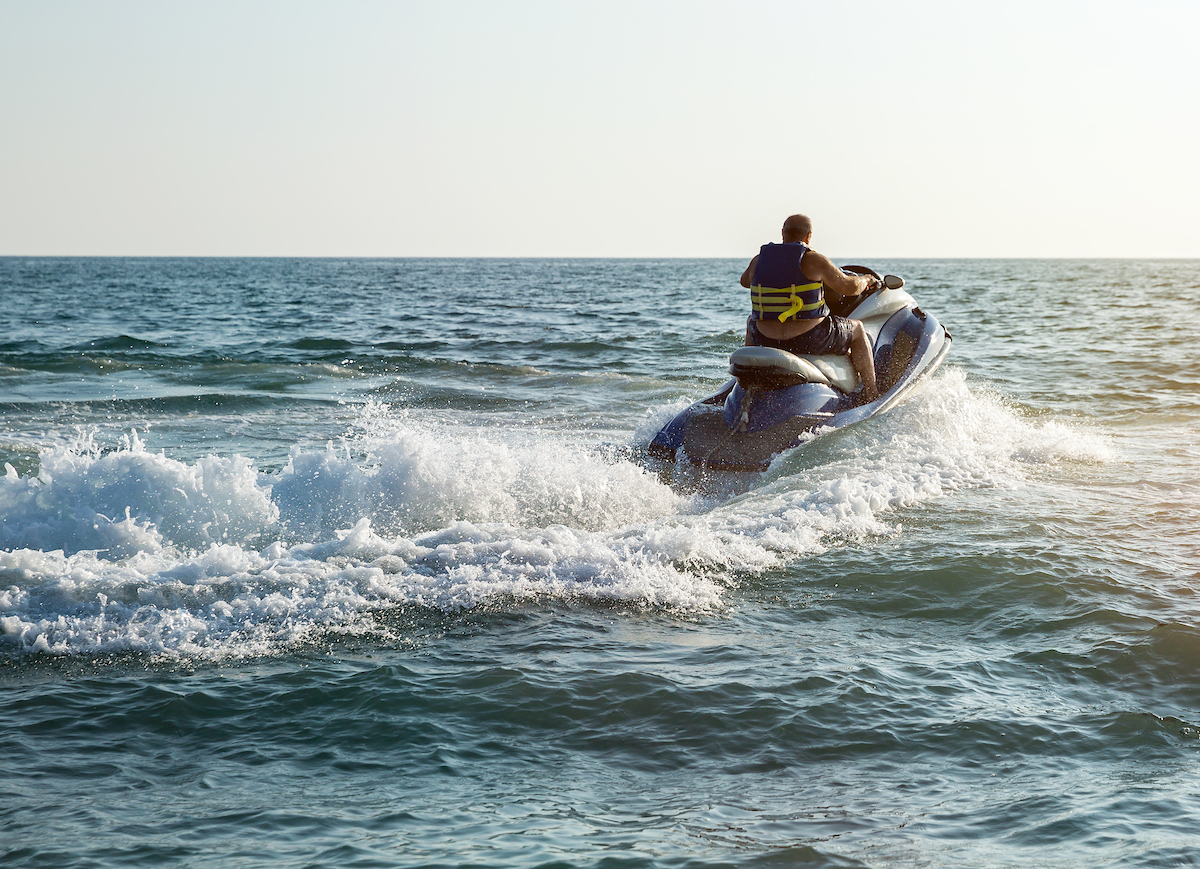
Lubrication
Proper lubrication is even more critical for the protection and performance of your PWC than it is for land-based powersports vehicles, due to direct water exposure. Check the oil level regularly and add AMSOIL Synthetic Marine Oil as needed. Refer to your owner’s manual for the manufacturer’s recommended lubrication intervals and be sure to check and lubricate all moving parts with AMSOIL Synthetic Water-Resistant Grease, including steering components, throttle cables, and any joints or pivot points.
Change the oil filter after every 100 hours of use and at the end of the season before putting your PWC into storage. For an extra measure of protection, add a thin coat of AMSOIL Synthetic Water-Resistant Grease to any hose and exhaust clamps and other metal parts to help prevent corrosion and rust.
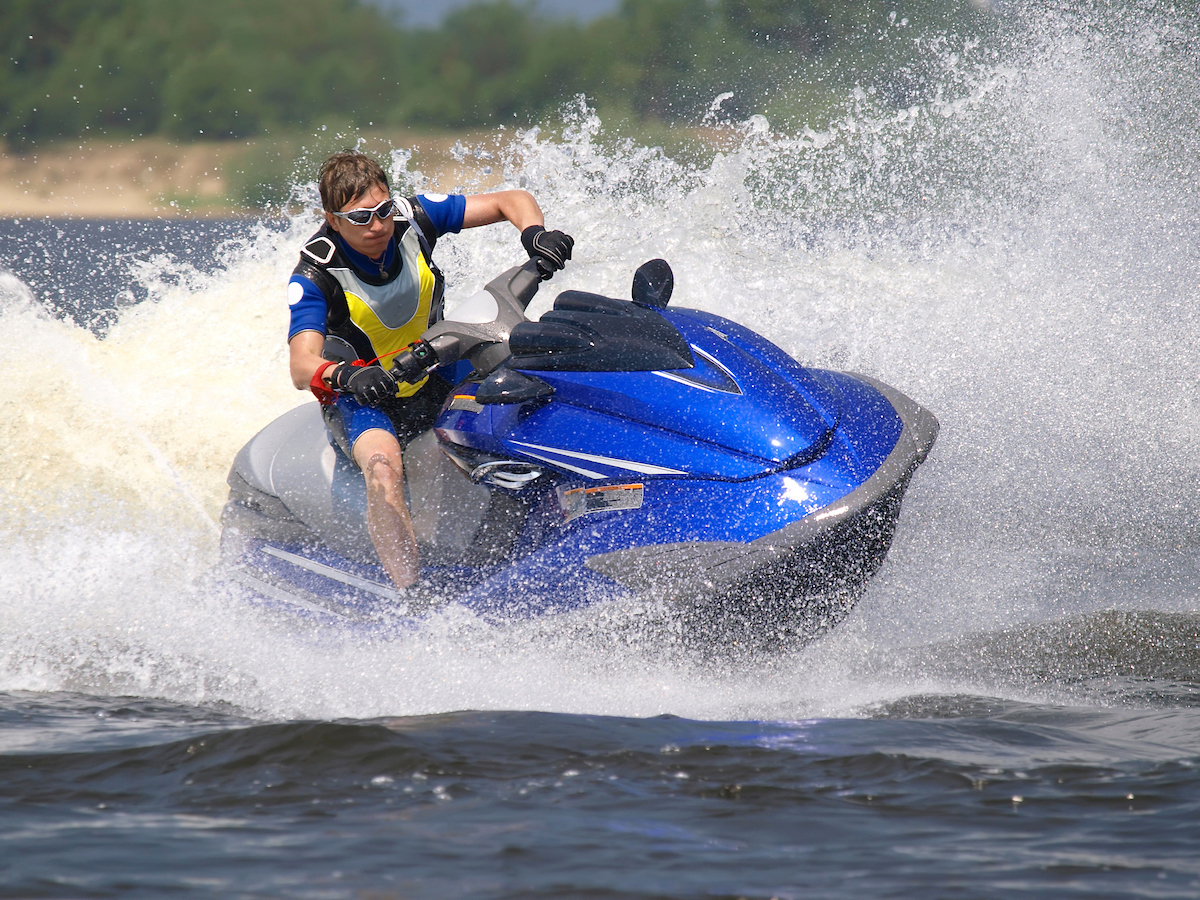
Flushing
Many personal watercraft use an open loop cooling system that draws water in from the lake, river or ocean to cool the engine. Be sure to flush the engine with fresh water after each use to remove any salt, sand or other debris that may have entered the cooling system and clean the impeller and jet nozzle to prevent clogging, corrosion and overheating. After each use, wash the exterior of your PWC with fresh water and mild soap to remove any salt, sand or grime and dry it thoroughly to prevent moisture-related damage. It’s also a good idea to rinse the engine compartment and apply a thin mist of AMSOIL Silicone Spray to protect non-metal parts after the craft has been cleaned and dried.
Fueling
To keep your PWC fuel system in top shape, always use fresh, high-quality, ethanol-free fuel and add AMSOIL Gasoline Stabilizer when refueling, which fights ethanol-related problems and continues to protect engine components during extended storage periods. Inspect all fueling components, including lines, connections and filters for signs of wear or leaks and replace them if they are damaged or worn.
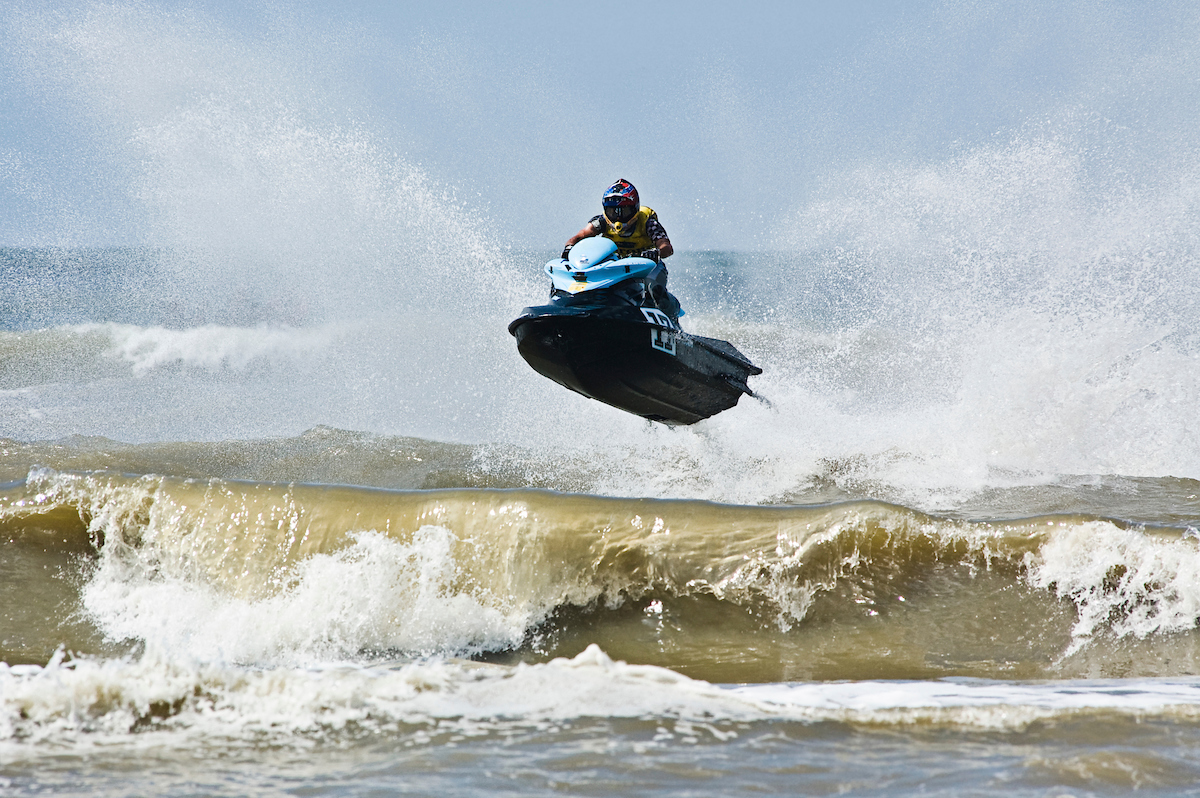
Ignition
Consistent battery maintenance ensures reliable starting and electrical system performance. Check the charge level regularly, clean the terminals and ensure connections are secure, and plug it into a battery charger when not in use. Don’t forget to check the spark plugs regularly and replace them as needed.
Storage
To protect your PWC from off-season damage, first drain any water from the cooling system and exhaust. Next, add AMSOIL Gasoline Stabilizer to the gas tank and run the engine for a few minutes to circulate it through the fuel system, then spray AMSOIL Engine Fogging Oil into each cylinder through the spark plug holes. Finally, remove the battery, cover the PWC with a breathable cover and store it in a cool, dry location to help prevent the growth of mold and mildew.
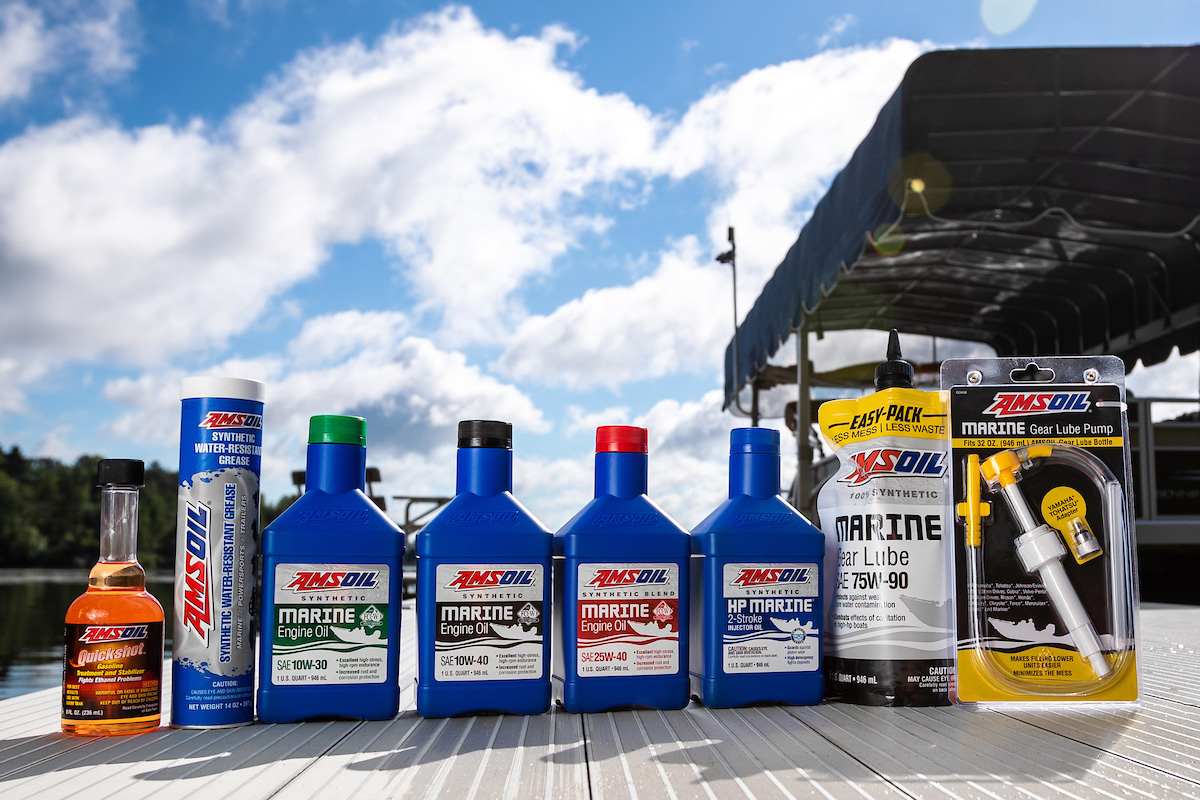
Following the manufacturer’s recommendations found in your owner’s manual and performing maintenance at the scheduled intervals with AMSOIL synthetic marine products will keep your PWC running smoothly for many years. If you are uncomfortable with performing your own inspections or repairs, take your PWC to an authorized dealer or service center at least annually. By following these maintenance tips, you can ensure that your PWC will provide you with minimal headaches and many hours of fun and enjoyment on the water.
To find out which AMSOIL synthetic marine products are right for your PWC, check out our Personal Watercraft Product Lookup Guide.
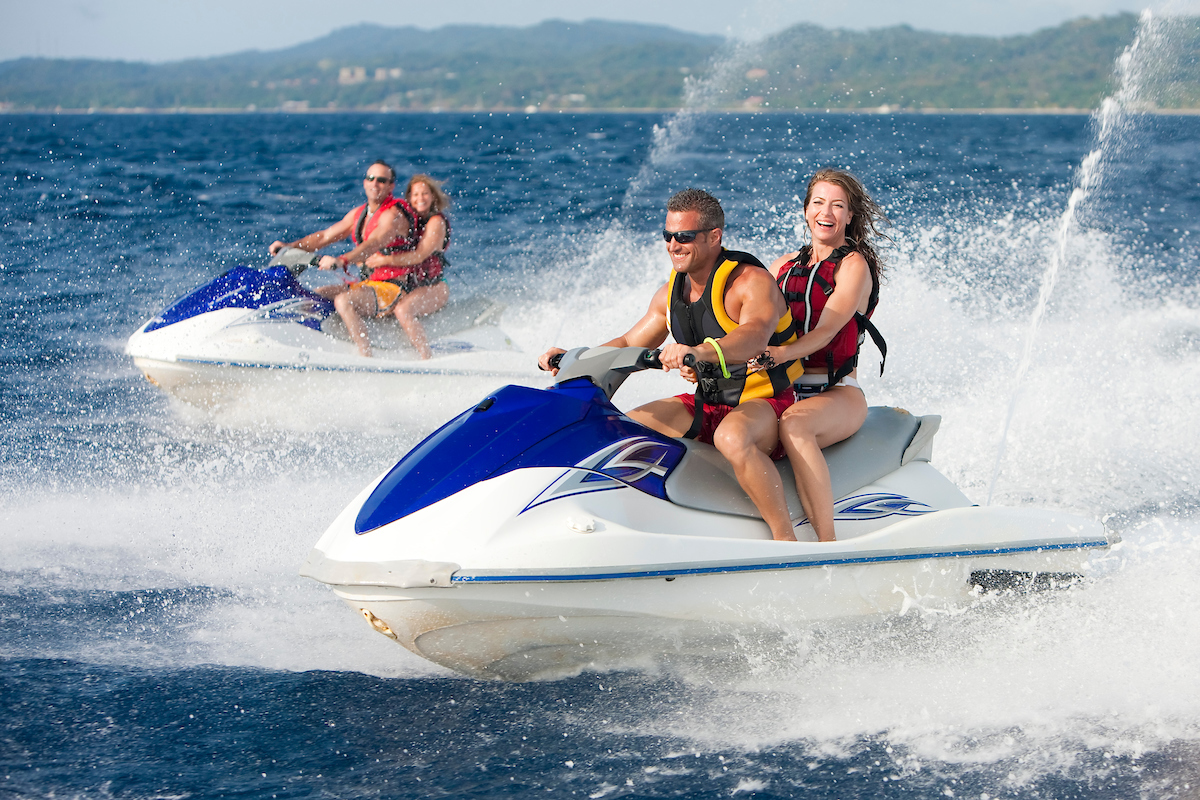

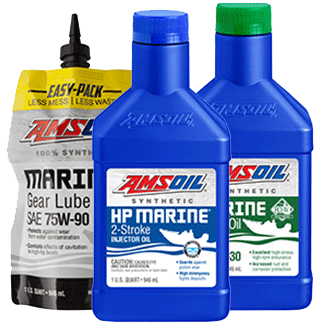
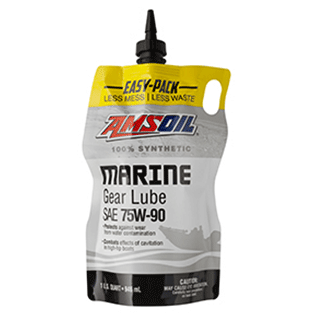
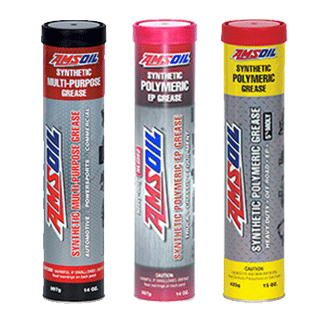




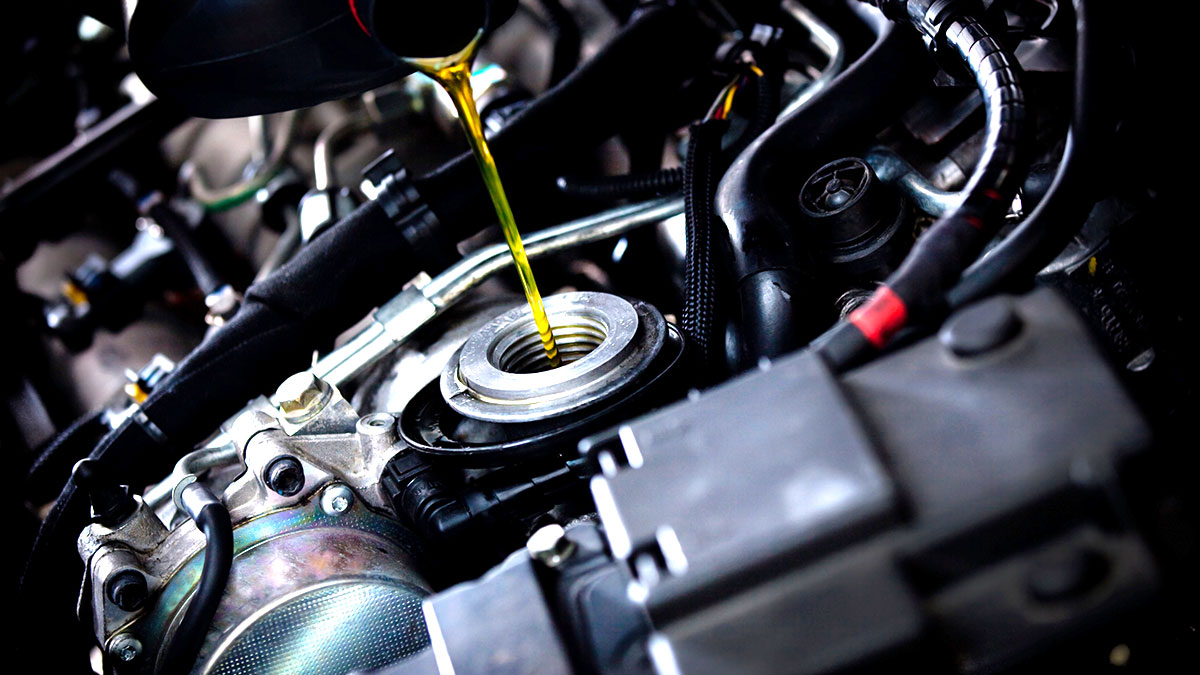
Comments
AMSOIL Technical Writer and 20-year veteran of the motorcycle industry. Enjoys tearing things apart to figure out how they work. If it can’t be repaired, it’s not worth owning.
Share: